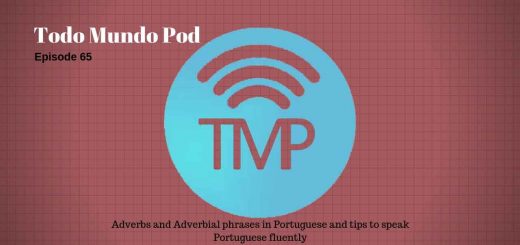False friends (Portuguese x English) – Words that may confuse you – Part two

False friends (false cognates – Portuguese x English)
Hello and welcome to our Portuguese Basic Tips 63 (in English) about the false friends we find between Portuguese and English
On today’s episode, we are going to keep talking about the false friends, the false cognates we find between Portuguese and the English language. False friends, you know, are words that have similarities between two languages; however their meanings are completely different from one to another.
If you didn’t listen to our previous episode about this topic, you can find a link to visit it on this episode’s page, right?
Click on the link to visit our previous episode called false cognates – Part I
Agenda x Agenda – False friends between Portuguese and English
These are the first differences we need to know today. When we say the word “agenda” in English, we are kind of referring to “a list of items to be discussed at a formal meeting”. We have, for instance, the government agenda or something like that. When we say the word “agenda”, in Portuguese, we are referring to the notepad we use physically. Yeah, we are referring to a small book. This book is used to schedule something that is important for you to remember.
So, repeat with me: agenda
Application x Aplicação
The word application, in English, is normally used when you want to do “a request” or an “inscription”, right? On the other hand, when we use the word “aplicação”, in Portuguese, we are actually using it as an adjective meaning “effort”, meaning that someone is “hardworking”.
For instance:
- Ele foi muito aplicado naquele trabalho.
- He was serious with that job / He did that job well.
Repeat with me: aplicado
Deception x Decepção
Both words have negative meanings, but they are not the same. When we say the word “deception”, in English, we are mostly referring to “a fraud”, “a cheat”. In Portuguese, when we use “decepção”, we mean we are disappointed by something.
For instance:
- Eu estou muito decepcionado pelo que você fez.
- I’m very disappointed in what you did.
So, repeat with me: decepção / Estou decepcionado
Grip x Gripe
In English, when we say “grip” we are asking someone to hold something firmly, right? For instance: Grip the rope! Don’t release it! In Portuguese, the word “gripe” is the same as the flu in English. So when I say “eu estou gripado”, I mean “I have the flu”.
So repeat with me: gripe / Eu estou gripado
Thanks God, that’s not true today!
Become a Premium Member to download our full transcripts
Click on the link to learn about falsos cognatos
I hope you like it!
See you next time!
Thanks!
Marcos Sales
Podcast (portuguesebasictips): Play in new window | Download







1 Response
[…] Clique no link para visitar o nosso último episódio sobre os falsos cognatos entre português e inglês. […]